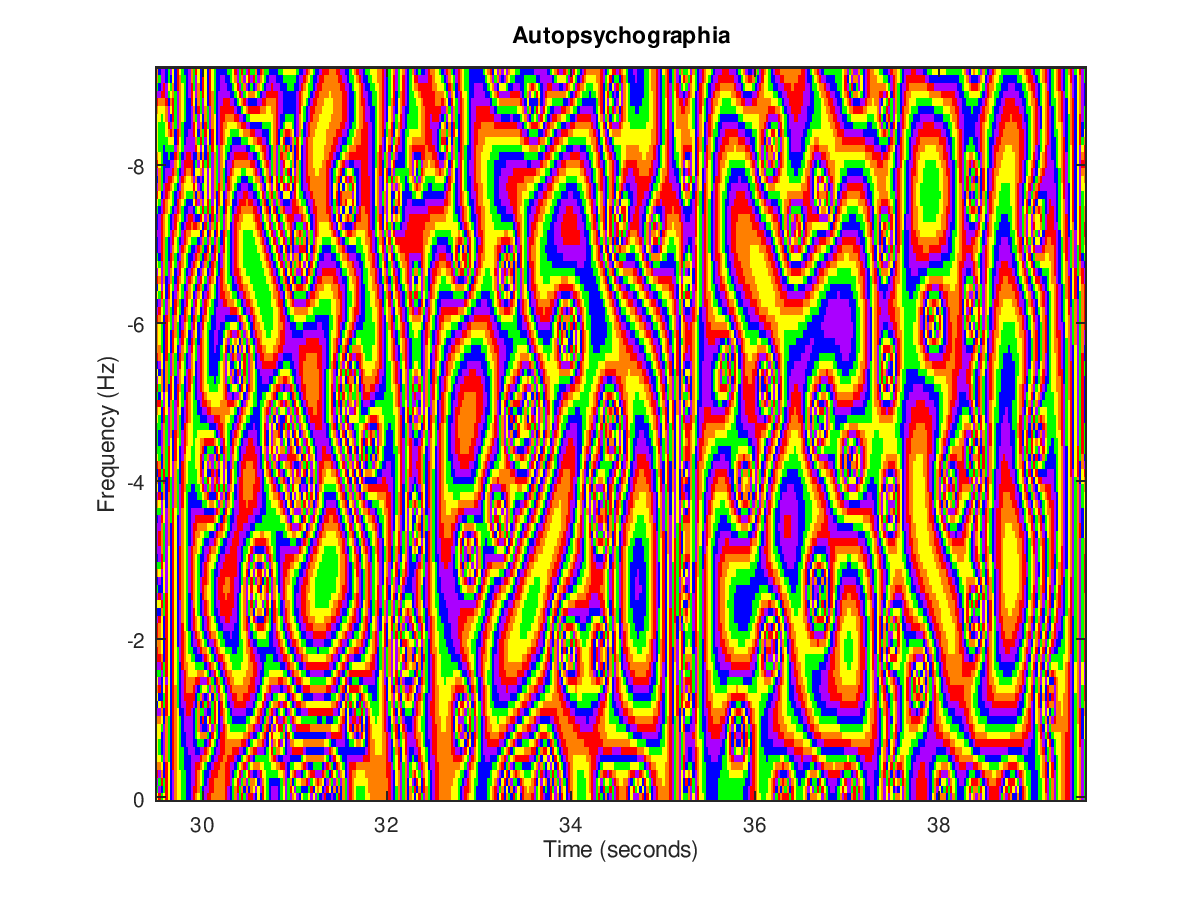One law to rule them all?
Power-law distributions seem to be everywhere, and not just in word-counts and whale whistles. Most people know that Vilfredo Pareto found them in the distribution of wealth, two or three decades before Udny Yule showed that stochastic processes like those in evolution lead to such distributions, and George Kingsley Zipf found his eponymous law in word frequencies. Since then, power-law distributions have been found all over the place — Wikipedia lists
… the sizes of craters on the moon and of solar flares, the foraging pattern of various species, the sizes of activity patterns of neuronal populations, the frequencies of words in most languages, frequencies of family names, the species richness in clades of organisms, the sizes of power outages, criminal charges per convict, volcanic eruptions, human judgements of stimulus intensity …
My personal favorite is the noises it makes when you crumple something up, as discussed by Eric Kramer and Alexander Lobkovsky, "Universal Power Law in the Noise from a Crumpled Elastic Sheet", 1995 ) referenced in "Zipf and the general theory of wrinkling", 11/15/2003).
Contradicting the Central Limit Theorem's implications for what is "normal", power law distributions seem to be everywhere you look.
Or maybe not?
Read the rest of this entry »


